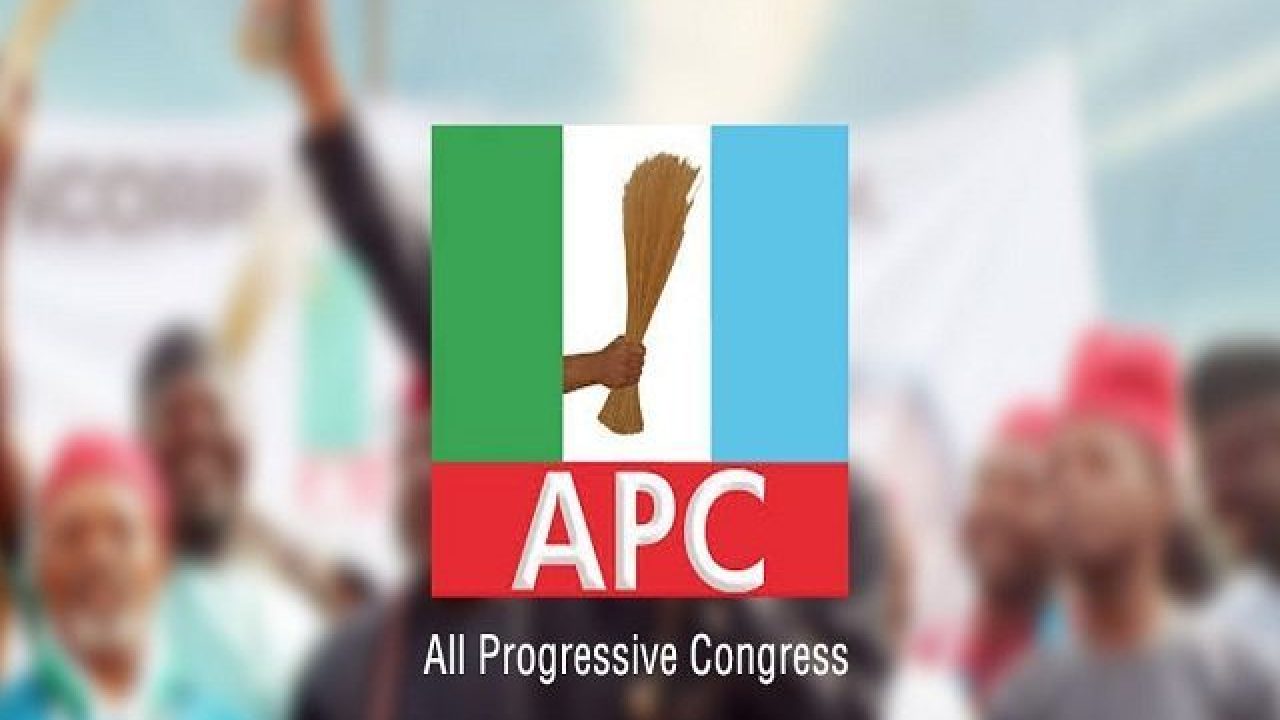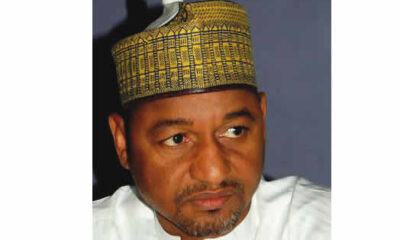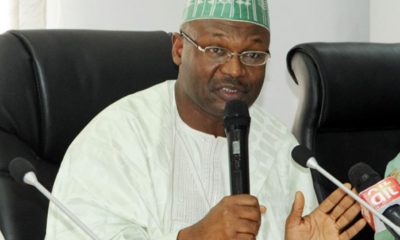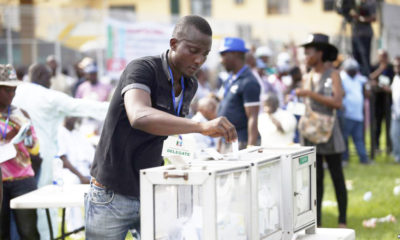Ahead of the primary election of the All Progressives Congress (APC) in Osun State, attention has been drawn from far and near as to who would emerge as the party’s flag bearer.
The incumbent governor, Adegboyega Oyetola has been consistently despised and disapproved by his predecessor and Minister for Interior, Rauf Aregbesola.
Aregbesola’s public show of his disapproval of Oyetola and endorsement of a former Secretary to the State Government, Moshood Adeoti made the enmity more glaring.
Aregbesola has described the incumbent governor whom he canvassed for in 2018 as a traitor, an ingrate and a wicked soul.
Expressing dissatisfaction with Oyetola’s administration, Aregbesola stated that since he (Oyetola) assumed office, “he has waged war against me like I once harmed him. He claimed that I don’t want him to emerge as governor, but now he is the governor, what else does he want.”
Digging deeper into what transpired between them, Aregbesola noted that he pleaded with him for two years not to fight with him and destroy the legacies they both built for eight years.
“I told him that people must not mock us. I told him that he is heading towards destruction. I served this state with the whole of my heart, I also served well so that Oyetola can succeed me in office. But as he assumed office, he said I am his enemy. Those that contested against him during our party primary he pulled them closer while he fought me,” Aregbesola lamented.
The Minister for Interior, publicly declaring Adeoti as his preferred candidate described him as an eminent grassroot politician who should be supported and voted for. He averred that the incumbent governor would be shown out after the governorship poll in July, 2022.
The two factions in the Osun State, All Progressives Congress had continued to trade words and involve in hooliganism.
Aregbesola’s camp, The Osun Progressives, (TOP) and Oyetola’s group, Ileri-Oluwa Movement had consistently accused each other of attacks.
The attack on TOP’s building, Oranmiyan House by political thugs raised eyebrows as the government circle was accused. A night before the election, a state government was attacked with occupants. The serial attacks and sporadic gunshots in Osogbo, Ife, Ilesa, Ikirun and other parts of the state turned up tension as observers sued for peace and unity.
Responding to Aregbesola’s Confrontation, the Governor Oyetola’s Chief Press Secretary, Ismail Omipidan stated that the Minister for Inferior is not God and therefore, cannot determine the fate of his principal.
Oyetola’s aide averred that his principal has absolute faith in God and the people of Osun. “In these last three years plus, the people can tell the difference in terms of responsible and responsive governance and politics.
“The general belief among most Africans that ‘a man’s life is preordained and ruled by God’ has continued to play out in the political trajectory of Governor Adegboyega Oyetola of Osun.”
However, during the stakeholders meeting held on Friday at the state party Secretariat in Osogbo, the state capital, the primary election committee promised to ensure a free, fair, credible and acceptable poll.
The 7-man Committee chaired by the Governor of Kwara State, Abdul-Rasak AbdulRahman, assured the aspirants that the committee is fully prepared to maintain peace, charging members of the party to conduct themselves peacefully.
AbdulRahman pledged to ensure justice in the entire process as he assured that no member of the party would be unjustly disenfranchised guaranteeing a hitch-free process.
The three party ticket contenders– Former deputy speaker of the House of Representatives, Hon. Lasun Yusuff; former Secretary to the state government, Moshood Adeoti and the incumbent governor of the state, Adegboyega Oyetola were present at the stakeholders meeting.
The candidates expressed readiness for the polls and willingness to abide by the conduct of the committee.
Aregbesola’s candidate, Adeoti had earlier decried the inaccessibility of his caucus to the party’s membership register which the committee responded that it will be provided by the party.
Meanwhile, Governor Oyetola, in his remarks said that the election is “purely a family affair and I believe that, with the caliber of people here, we are going to have a free, fair and credible election.”
“Osun is known for peace and we are the most peaceful State. It is an exercise that is not new to us and I want to assure you that we are going to have peace. I want to implore the members to allow peace. This is not a do-or-die affair.”


 Naira4 weeks ago
Naira4 weeks ago
 Naira4 weeks ago
Naira4 weeks ago
 Travel3 weeks ago
Travel3 weeks ago
 Naira3 weeks ago
Naira3 weeks ago
 Jobs4 weeks ago
Jobs4 weeks ago
 Naira3 weeks ago
Naira3 weeks ago
 Investment4 weeks ago
Investment4 weeks ago
 Travel4 weeks ago
Travel4 weeks ago



























